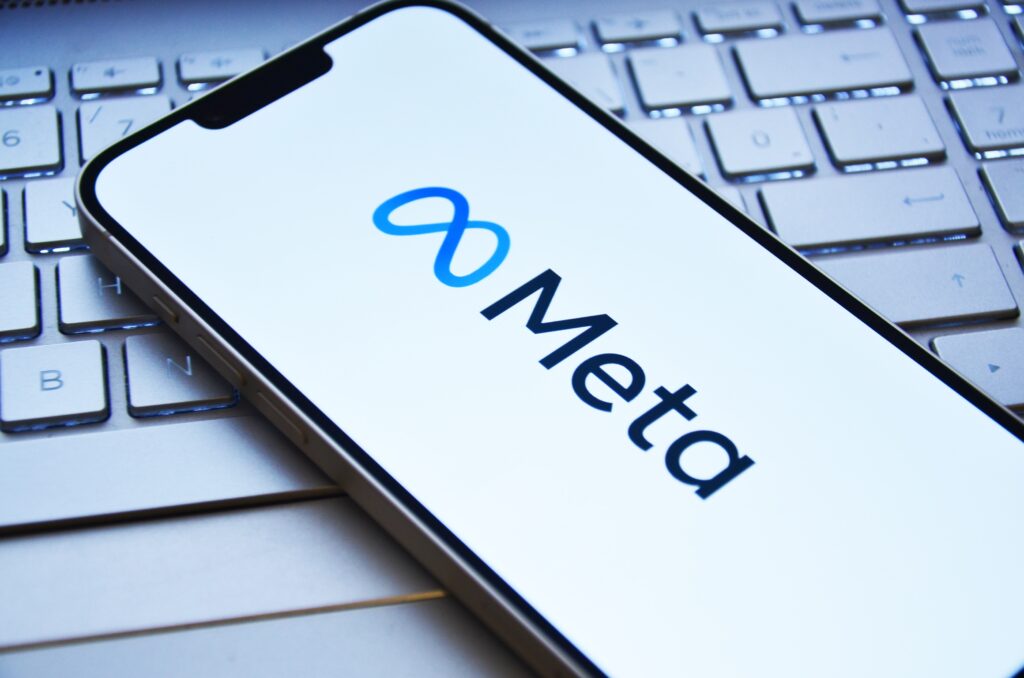Donald Trump’s Meta settlement lawsuit over the suspension of his social media accounts has resulted in a $25 million agreement. The settlement, which includes funding for Trump’s presidential library and legal costs, follows Meta lifting restrictions on his accounts in July 2024. Despite the agreement, Meta did not admit wrongdoing.
Trump’s Lawsuit and Meta Settlement
In 2021, Donald Trump sued Meta over the suspension of his social media accounts following the Capitol riots. Meta, owner of Facebook and Instagram, agreed to a $25 million settlement in response to the legal action. Trump’s lawsuit named both the company and its CEO, Mark Zuckerberg.
In July 2024, Meta lifted the final restrictions on Trump’s accounts as the US presidential election approached. The Wall Street Journal was the first to report the settlement. Around $22 million will fund Trump’s presidential library, while the remainder covers legal costs and compensates other plaintiffs. Meta did not admit to any wrongdoing in the settlement.
Meta initially banned Trump’s accounts in 2021, with a minimum suspension period of two years. After Trump’s election victory in November 2024, Zuckerberg visited Mar-a-Lago, suggesting a potential improvement in their previously tense relationship. In December, Meta donated $1 million to Trump’s inauguration fund, and Zuckerberg attended the event alongside other tech leaders.
Trump has long criticized Zuckerberg and Facebook, calling the platform “anti-Trump” in 2017. The relationship deteriorated further after the account bans, and in 2024, Trump referred to Facebook as an “enemy of the people.”
Twitter, now rebranded as X and owned by Trump ally Elon Musk, also banned Trump in 2021. Musk reinstated Trump’s account in 2022 after a user poll favored the decision.
Meta’s AI Investments and Future Plans
On Wednesday, Meta defended its $65 billion investment in artificial intelligence (AI) following a dip in tech stocks caused by the sudden rise of Chinese AI app DeepSeek. Zuckerberg acknowledged the competition but emphasized the need to stay focused on long-term AI development.
He mentioned that the recent news reaffirmed Meta’s commitment to its AI strategy. Unlike many US companies, Meta adopted an open-source approach by making its AI model publicly available. Zuckerberg stated that establishing an American open-source AI standard would benefit the country’s global competitiveness.
Meta plans to invest up to $65 billion in expanding its AI infrastructure this year. Zuckerberg argued that large-scale investments are essential for maintaining high-quality services and handling their global user base. He predicted that this advantage would help the company serve its billions of users more effectively.
The CEO also highlighted Meta’s focus on developing smart glasses, predicting that traditional eyewear will be replaced by smart glasses within a decade. He emphasized the importance of this year in determining the success of Meta’s wearable technology.
Zuckerberg discussed efforts to restore Facebook’s cultural relevance amid rising competition from platforms like Instagram and TikTok. He defended Meta’s decision to end fact-checking, suggesting that community notes would be more effective in managing content.
Despite increased spending on AI, Meta reported strong business results, earning over $48 billion in revenue in the last quarter of 2024, a 21% year-over-year increase. Quarterly profits surpassed $20 billion, up 49% from the previous year, showcasing resilience despite heavy AI investment.
